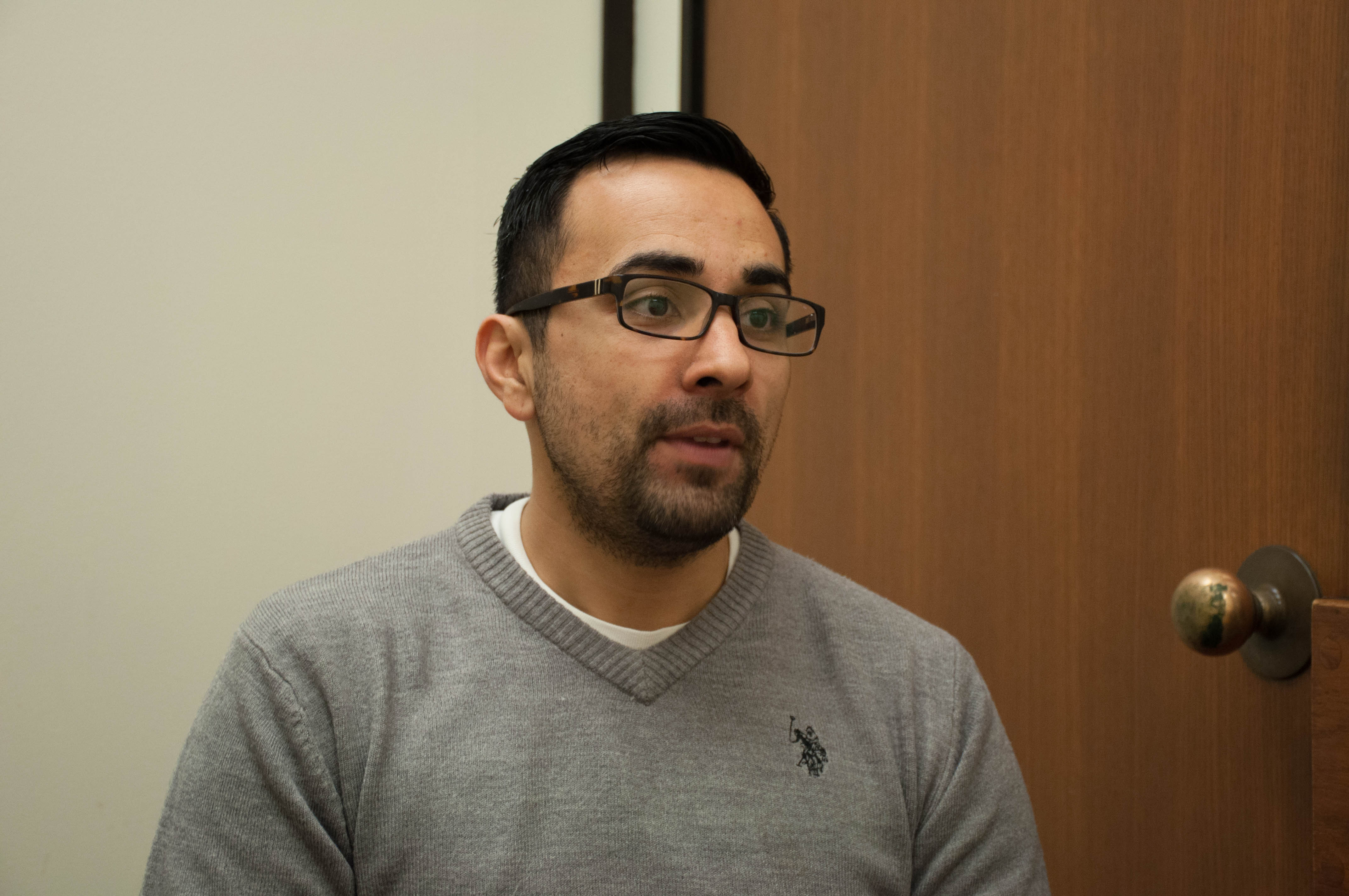
Occidental College is exploring expansion efforts through the National Pan-Hellenic Council (NPHC) to establish an affiliated fraternity and/or sorority on campus. The Office of Student Life (OSL) is promoting these expansion efforts in order to encourage diversity and community engagement, according to Diego Silva, associate director of Student Activities and Greek Life. The NPHC is made up of nine historically black fraternities and sororities known as the Divine Nine, according to Raúl Soto (senior). Soto is currently the sole member of the only NPHC fraternity at Occidental, Kappa Alpha Psi.
Silva sent a message to students Jan. 4 outlining the possibility of bringing an NPHC organization to campus. The email said that four fraternities and sororities were interested in establishing themselves at Occidental. As of now, none of these groups are present on campus.
Silva said that he sent the emails early in the semester in order to provide sufficient timing to put together an interest group and start the formation process. According to Silva, since there has not been any progress since early February and an interest group was never established, he hopes to follow up with Greek organizations to put together a plan for Fall 2018.
Recent efforts by students and the college to bring a historically black Greek-lettered organization at Occidental are a continuation of a five-year process. One such organization is the Delta Sigma Theta sorority.
“Five years ago, right before I came to this campus to be the Greek advisor, there was a request from students to start a sorority, Delta Sigma Theta,” Silva said. “They got the process going. There were a lot of students interested, and it just never really materialized.”
This lack of materialization continued into this semester according to Silva.
“Nothing happened in the Fall of 2017. In Spring 2018, we [propped] the door wide open. [We were thinking], hopefully, we can get an organization here, and up until now, no organization has been able to get the critical mass of students that their parameters need to say they want to start a chapter,” Silva said.
In the past, there have been other historically black fraternities and sororities on campus. The Xi Alpha chapter of Zeta Phi Beta at Occidental, established in 1937, was the first undergraduate chapter of Zeta Phi Beta in Los Angeles, CA.
“I believe there was a Zeta Phi Beta chapter maybe 20 years ago, 15 years ago or maybe even more than that. There is an alumni group that still have reunions,” Silva said.
This lack of materialization was due, in part, to the Delta Sigma Theta headquarters putting a pause on expansion efforts in 2014, according to Silva. Silva said that another element was the diminished interest from students after they learned what sort of commitment they were going to have to make to start a chapter — a common theme among possible expansion efforts over the last few years at Occidental.
“We get a lot of interested students, [but] I think that as info sessions start to materialize and people attend and they understand what it’s going to take to be the founding member of a Greek organization, that might turn away a few students. The financial commitment might turn away a few students,” Silva said.
According to Silva, the financial commitment for the first year initiation costs can range from $900 to $1,300 annually depending on the organization. After the first year, annual dues can be lower. There are scholarship opportunities available, including from Occidental’s Greek Council.
“The question was brought up during student protests a couple years ago about whether or not the college should provide direct financial assistance for students who couldn’t afford to be in a Greek organization who want to be,” Silva said.
Silva said that he would likely not support a proposal to allocate college funds to pay Greek organization dues instead of helping students with financial aid for direct academic needs or to programs promoting mental wellbeing.
Despite the numerous obstacles and difficulties with trying to establish an NPHC-affiliated Greek organization on campus, Soto said a historically black fraternity or sorority would be beneficial.
“Even though this is a predominantly white institution and thus it’s difficult to get the numbers, I feel like the school can gain a lot from the influence of Divine Nine organizations,” Soto said. “There’s a different world to college life when it comes to historically black organizations being able to impact campus life. It goes into school spirit, activism [and] different forms of community service. There are very profound student experiences.”
Rob Flot, vice president for student affairs and dean of students, is a member of an NPHC fraternity, Iota Phi Theta.
“Greek letter organizations can be a real asset to an institution, and I’d like for Oxy to have opportunities within our greek life system that are inclusive for students from all backgrounds and interests,” Flot said.
Soto said the school should take a more active role when trying to establish an NPHC organization at Occidental. Currently, the school functions as a facilitator when it comes to bringing any organization to campus.
“Our expansion process always starts with the students,” Silva said. “I reserve rooms for them, I help them get the word out, I forward emails, but it’s up to the national organization to decide how fast they want to move.”
Despite the obstacles facing the project, Silva said he believes everyone wants the college to bring an NPHC-affiliated organization to campus.
![]()






























